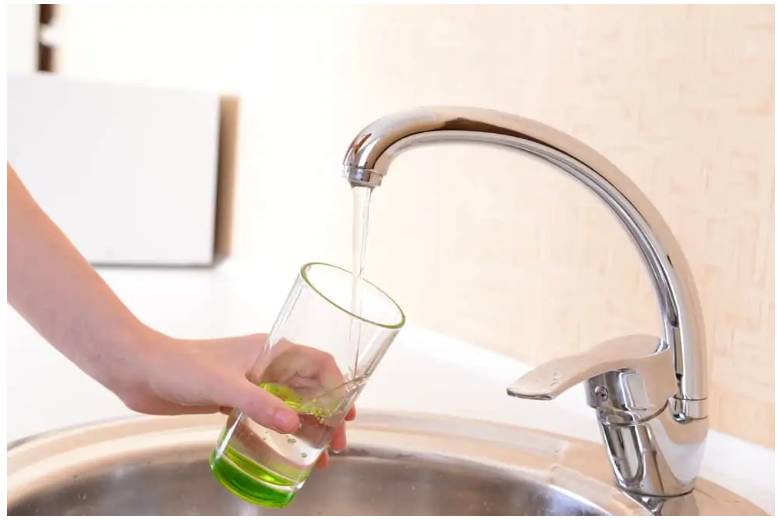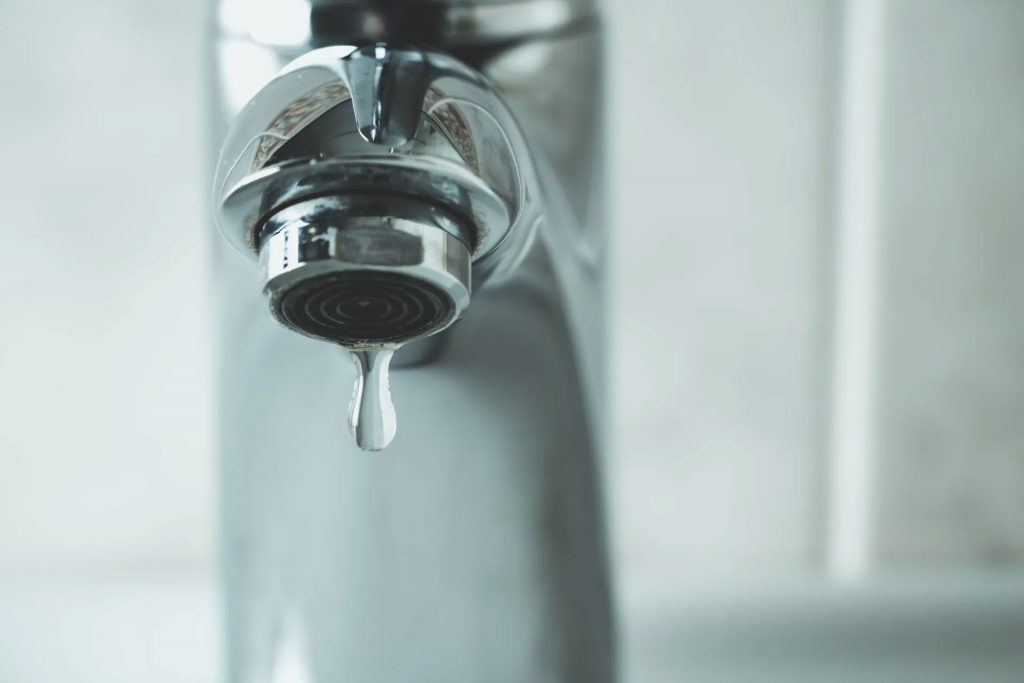Straightforward Tips for Rectifying Low Water Pressure in Your Home
Straightforward Tips for Rectifying Low Water Pressure in Your Home
Blog Article
Do you find yourself trying to locate content about 4 Ways to Troubleshoot Low Water Pressure?

Low water pressure in your house can be a discouraging issue, impacting every little thing from bathing to cleaning recipes. If you're experiencing weak water flow, there are a number of possible causes and services to explore. In this guide, we'll talk about common reasons for low tide stress and functional actions to resolve the issue effectively.
Intro to Low Water Stress
Low tide pressure takes place when the circulation of water from your faucets, showers, and other components is weak than usual. This can make daily jobs extra challenging and much less reliable. Recognizing the reasons for low water pressure is crucial to finding the appropriate service.
Common Root Causes Of Low Tide Stress
Faulty Stress Regulators
Stress regulatory authorities are accountable for preserving consistent water stress in your home. If they malfunction, it can cause low water pressure or irregular circulation throughout the house.
Metropolitan Water Supply Issues
In some cases, the trouble exists outside your home. Municipal water concerns, such as main line leakages or maintenance work, can momentarily minimize water stress in your location.
Pipe Obstructions
Over time, pipes can come to be clogged with mineral deposits, sediment, or debris, restricting the circulation of water. This is an usual issue in older homes with galvanized steel pipelines.
Corrosion
Rust within pipes can lead to leakages and decreased water pressure. Rust accumulation can tighten water circulation, specifically in aging plumbing systems.
Just How to Detect Low Tide Pressure
Examining Pipelines
Inspect noticeable pipes for signs of leaks, deterioration, or blockages. Take note of any kind of uncommon noises, such as banging or rattling pipelines, which can show issues within the plumbing system.
Consulting with a Plumber
If you're not able to determine the cause of low water pressure, think about hiring an expert plumber to perform a comprehensive assessment. They can identify underlying concerns and suggest ideal solutions.
Examining Taps and Fixtures
Start by evaluating the water pressure at different faucets and fixtures throughout your home. If the problem is separated to details locations, it might show local troubles.
DIY Solutions to Repair Low Tide Stress
Flushing Hot Water Heater
Debris build-up in the hot water heater can limit circulation and lower performance. Flushing the container periodically aids remove sediment and preserve optimal performance.
Checking Stress Regulator
Ensure that the pressure regulator is functioning appropriately. Readjusting or replacing the regulator can assist restore proper water stress throughout your home.
Cleansing Aerators and Showerheads
Natural resources can collect in aerators and showerheads, reducing water circulation. Remove and clean these elements consistently to boost water pressure.
Clearing Clogs in Pipeline
For small clogs, attempt using a plumbing serpent or chemical drainpipe cleaner to clear blockages in pipes. Beware when using chemicals and adhere to safety standards.
When to Call a Professional Plumber
If DIY initiatives fail to solve the issue or if you think substantial plumbing troubles, it's best to seek help from a licensed plumber. They have the know-how and devices to deal with intricate problems securely and efficiently.
Preventive Measures to Keep Water Pressure
Setting Up a Pressure Booster
Think about setting up a stress booster pump to enhance water pressure in locations with consistently reduced circulation. This can be specifically valuable for multi-story homes or homes with high-demand fixtures.
Surveillance Water Use
Be mindful of water use routines and prevent ill-using the plumbing system. Basic modifications, such as astonishing showers and laundry loads, can help keep appropriate water pressure.
Routine Maintenance
Set up routine upkeep for your plumbing system to prevent problems such as corrosion, leaks, and obstructions. Dealing with small troubles early can help prevent more considerable repair work in the future.
Conclusion
Dealing with low tide stress can be discouraging, but determining the underlying causes and applying proper solutions can recover optimum flow throughout your home. Whether it's cleansing aerators, checking pipes, or talking to a plumber, taking positive actions can ensure a constant supply of water for your daily requirements.
How to Fix Low Water Pressure In Your Home
Municipal Water Supply Issues
Scheduled maintenance, high demand, and water main breaks are all potential causes for low water pressure within a city or county’s water lines. While there’s not much you can do to personally fix a problem with your city or county’s water supply system, you can play a big role in documenting the issue and alerting those who can.
How to fix it:
Ask your neighbors if they are experiencing any issues with low water pressure. If multiple homes are affected, it’s likely related to the city’s water line. Contact the local Water Authority to see if there is any maintenance taking place that might be affecting your supply. Also let them know of your specific issues. If other homeowners report the same issues, they’ll know that there could be a larger issue to look into. Faulty Fixtures
A damaged or clogged shower head, faucet or appliance is the first thing we’d suggest checking, especially if low water pressure appears to be isolated to a specific area of your home.
How to fix it:
First, turn off the main water supply to your home. Check the affected appliances for build-up or debris. In the case of a faucet, you can simply unscrew the aerator at the tip of the faucet. Showerheads should be fully detached from the water pipe. While the appliances are detached, you may want to check the water supply to determine if the fixtures were in fact the issue. To clean, soak the showerhead or aerator in vinegar and brush off any visible debris. Reattach the fixtures and check the water pressure again. If it is still low, there is likely a deeper issue at hand, which can be determined by a professional plumber. Pipe Obstructions
Mineral deposits, rust or other debris within water pipes can lead to blockages or corrosion over time.
How to fix it:
When you think of a clog, you probably think of a drain clog. While there are many DIY solutions to clearing a drain, clogs in a water pipe will almost always require the help of a professional plumber. A plumber will be able to locate the affected pipe and clean out any debris or mineral deposit buildup. In severe cases, the pipe may need to be replaced. Your plumber might also recommend a water softening system to remove the minerals from your home’s water supply that can contribute to pipe blockages over time.
Plumbing Leak
Undetected water line leaks can divert water away from your residential pipes, reducing the water pressure in your fixtures.
How to fix it:
Check your water meter by turning off all water sources and monitoring the meter for any movement, which could be a clear indicator of a potential leak. Check all visible pipes for signs of leaking, including water stains, active dripping or damp spots around the pipe. Inspect fixtures, including faucets and showerheads, for any drips. Test the pressure but recording the pressure with the main water valve shut off. Leave off for a few hours and test again. A significant drop in pressure is a clear sign of a leak. https://kiddcoplumbing.com/plumbing-blog/how-to-fix-low-water-pressure/

Do you really like reading up on Low Water Pressure in the House?? Try leaving feedback down the page. We'd be pleased to listen to your suggestions about this piece. In hopes to see you back again in the near future. Are you aware of anybody else who is excited by the niche? Take a moment to share it. I recognize the value of reading our article about Low Water Pressure in the House?.
Additional Information Report this page